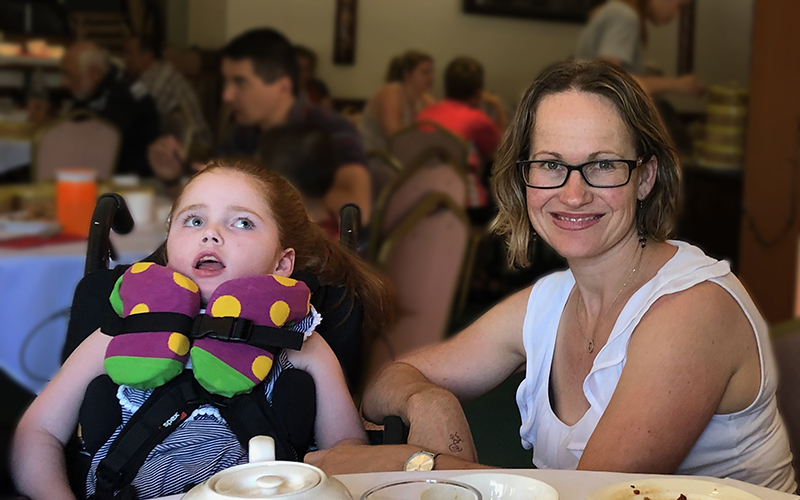Search
Showing results for "Au"

News & Events
The Kids Kimberley: Researchers and communities working togetherIn 2016, with enabling donations from Denby Roberts, Stan Perron, Wesfarmers and Centurion, the Institute established a permanent presence in the Kimberley.

News & Events
Sun safe: balancing the risks and benefitsThe D-Light program, set up in 2014, aims to shed light on the amount of sun exposure that will promote good health in children and adolescents.
Research
The seroprevalence of SARS-CoV-2-specific antibodies in Australian children: A crosssectional studyFollowing reduction of public health and social measures concurrent with SARS-CoV-2 Omicron emergence in late 2021 in Australia, COVID-19 case notification rates rose rapidly. As rates of direct viral testing and reporting dropped, true infection rates were most likely to be underestimated.

News & Events
Bushfires: Tips to protect family from smoke exposurePerth’s north-east is under threat from an out-of-control bushfire.

News & Events
Feeding change helps keep kids with intellectual disability out of hospitalChildren with intellectual disability who underwent gastrostomy – a feeding tube placed into the stomach – had better overall health and fewer hospitalisations for all causes except acute respiratory illnesses, research led by The Kids Research Institute Australia has found.

News & Events
Getting through to young people on sun safety and vapingResearchers from The Kids Research Institute Australia and Cancer Council WA will team up on two projects aimed at identifying the most effective public health messaging for young people around SunSmart behaviours and how to stop vaping.

News & Events
The First 1,000 DaysThis article explores how to support a child's physical and mental health during critical developmental periods, known as the first 1,000 days of life.
Research
The Impact of Pneumococcal Vaccination on Bacterial and Viral Pneumonia in Western Australian Children: Record Linkage Cohort Study of 469589 Births, 1996-2012We assessed the impact of PCV on all-cause and pathogen-specific pneumonia hospitalizations in Western Australian (WA) children aged 16 years.
Research
Adjusting for under-identification of Aboriginal and/or Torres Strait Islander births in time series produced from birth recordsStatistical time series derived from administrative data sets form key indicators in measuring progress.

News & Events
Keelan has ‘survived and thrived’, thanks to researchTen-year-old Keelan Mullins is known to his mum Clare Hindle as her ‘miracle baby’. Keelan was born in March 2013 at 26 weeks’ gestation and weighing just 1096 grams.
